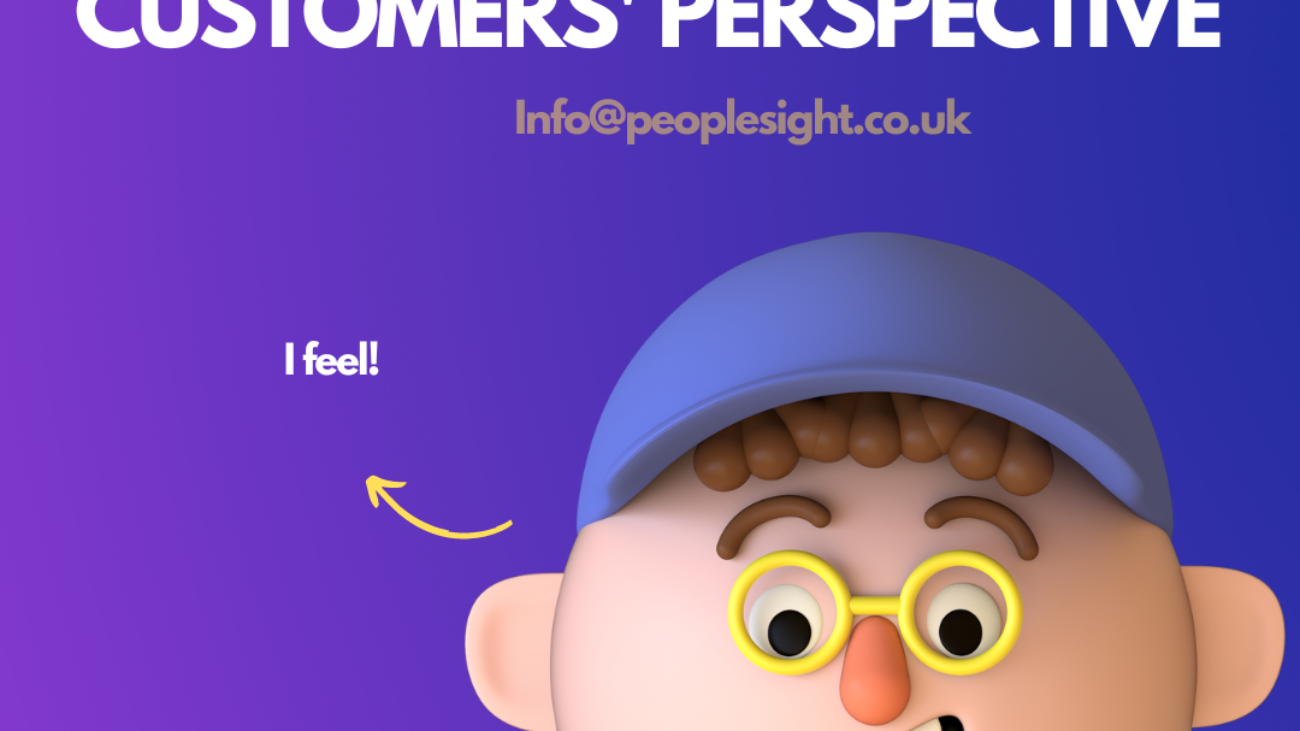In today’s global marketplace, understanding international consumers is no longer optional; it’s essential. However, recruiting participants across borders for market research comes with unique challenges. Language differences, cultural norms, logistical issues, and even regulatory restrictions can make or break your study if not addressed proactively.
So, how do you overcome these barriers and recruit high-quality international participants for your market research? At Peoplesight, we’ve worked with global clients and drawn valuable lessons from our experience.
1. Understanding Local Culture and Context
Recruitment tactics that work in one country might fail in another. Cultural awareness helps avoid missteps in messaging, incentive offerings, or screening processes. For example, some cultures are more responsive to phone interviews, while others prefer online surveys. Collaborating with local partners or cultural consultants can provide insight into what works best.
2. Translating with Intent
Literal translations often miss the mark. Participants respond better when surveys and communication materials are translated and localized. This means adjusting for regional idioms, tone, and relevance. Localization builds trust and encourages participation.
3. Navigating Legal and Ethical Requirements
Every country has its own rules about data collection and privacy. Compliance is non-negotiable, whether it’s GDPR in Europe or consent laws in Canada. Working with a partner experienced in international data protection regulations helps ensure your study remains ethical and legally sound.
4. Dealing with Time Zones and Logistics
Scheduling interviews, sending payments, and managing communications across time zones can quickly become overwhelming. A centralized platform or system for coordination can simplify this process. It also helps to build flexibility into timelines when working with international participants.
5. Tailoring Recruitment Channels
Recruitment methods must match the local digital landscape. While Facebook ads may work in the UK, WhatsApp or local forums may be more effective in parts of Africa or Asia. Knowing where your target participants spend their time is key to finding them.
While international participant recruitment can seem daunting, it’s achievable with the right strategy and cultural sensitivity. At Peoplesight, we pride ourselves on navigating these complexities and delivering reliable, high-quality participants across borders.
If you’re planning an international study, we’re here to help.

